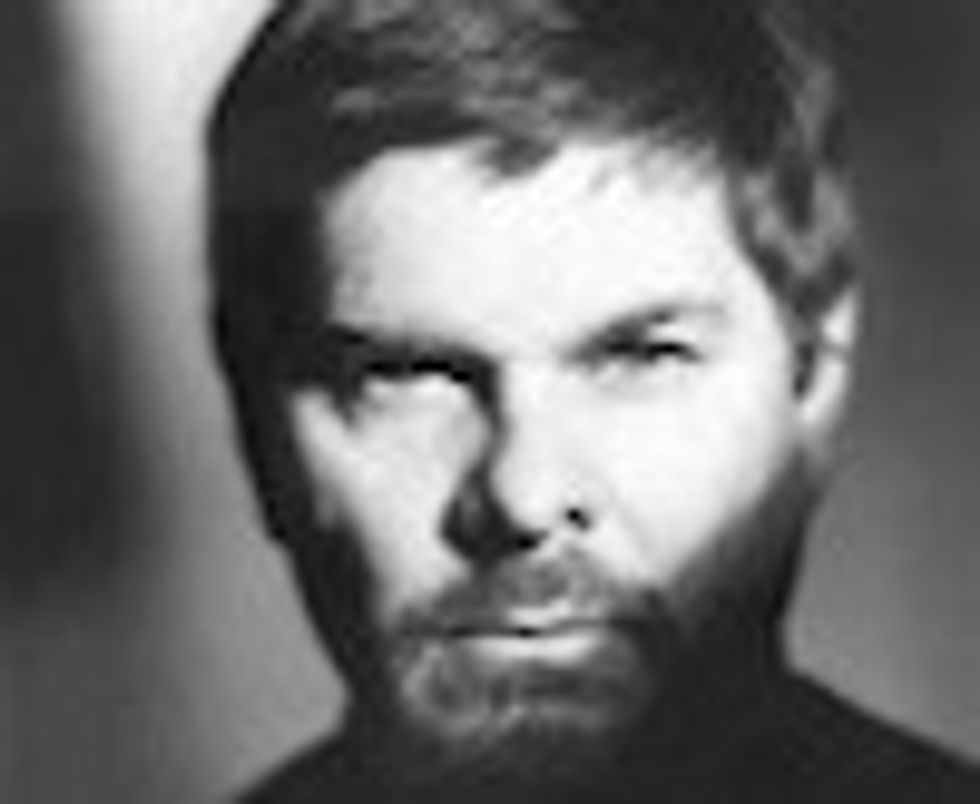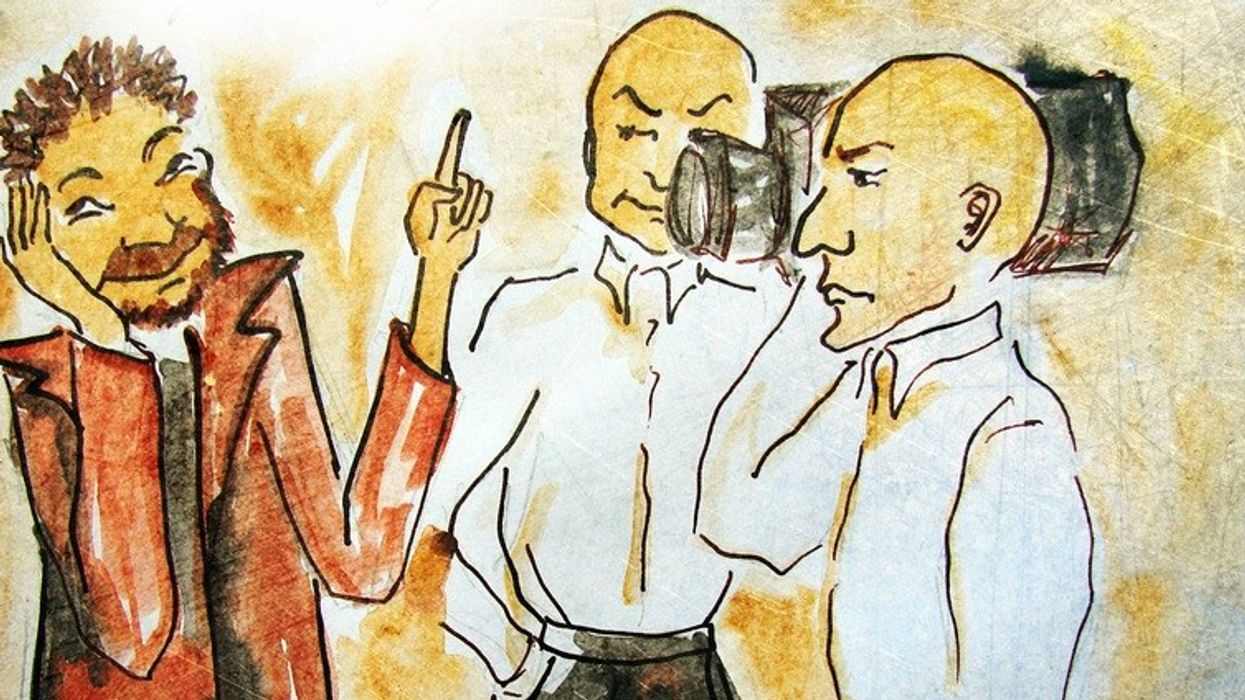This is a guest post by DP and filmmaker Randolph Sellars.
In my last article, I discussed the reasons for directors to take an acting class. In this article, I’ll share practical directing tips and give you my second piece of directing advice. It sounds a bit like Buddhist Philosophy: You can become a much better director if you learn how to let go of your “illusion of control.” This is easier said than done. “Letting go” requires a conscious shift in perspective and lots of practice. It’s human nature (and especially a director’s nature) to want to be “in control.” It’s common for directors to desire and seek total control over their artistic vision. But having “control” is a myth.
When it comes to other people, the reality is that we have no real control. Our only control is over our own actions or reactions to any given situation. We can’t make anyone do anything they don’t want to do – even if we are in charge. Oh sure, we can make threats and fire those who do not cooperate, but any victory will be short lived and collaboration will end. If we want a sustainable artistic collaboration, we can only influence others through the art of persuasion.
As directors, we want to fiercely control our projects in order to maintain our version of artistic integrity. This is understandable, but this “holding too tight” gets in the way of our collaborative relationships, especially with actors. When we learn to “loosen the reins,” we can remove a lot of pressure from ourselves. We no longer have to be the only person with all of the answers. We will benefit from the creative power of the collective consciousness.
When we can truly collaborate collectively, we will actually increase the artistic integrity of our projects. This “letting go” does not entail filmmaking by committee or letting everyone else direct the film. The director is still in charge and must know the material better than anyone. You can simultaneously maintain a strong point of view and still be open to other ideas. You get to choose the best ideas that will help improve your film.
Cheaper Than Therapy
There’s a joke among actors that the reason they act is because it’s cheaper than therapy. When directors work intimately with actors, their role is often very similar to a therapist. The most skilled directors often spend more time asking questions (especially during rehearsals prior to filming) than giving orders. Good therapists do not generally tell their patients what’s wrong with them or give their own opinions. They encourage their patients to talk by asking probing questions. Breakthroughs in a therapy session come when the patient has their own revelation about their past behavior or experience. Similarly, an experienced director will ask an actor probing questions about their character and their relationships with other characters. Most likely, the director will already have their own answer or opinion, but there are two benefits to asking the actor their opinion rather than just telling them “this is how it is.”
First, if the director takes this open-minded approach, he might actually get a better idea from the actor, which will have a positive impact on the film. Second, like the therapist, the director wants an actor to “own” the implications of their answer. If they do, their performance is likely to be far more personal and genuine. If a clever director disagrees with the actor, she doesn’t always say so directly. Instead, she may ask more leading questions of the actor that indicates her point of view. A conversation might go like this:
Director: “Why do you think John cheats on his wife?” Actor: “Because he obviously hates her so much.” Director: “Why do you say that?” Actor: “ Well, according to the dialogue in this scene, he yells at her and calls her a cold bitch.” Director: "You’re right; he’s punishing her with hateful words. But do you think it’s possible that he still loves her?” Actor: “I guess so, but I don’t see him show it.” Director: “What if he’s punishing her in this scene to cover his own guilt about the affair?” Actor: “Hmmm…” Director: “Maybe he’s afraid to say he’s sorry out of fear that she’ll leave him. Could he be trying to shift the blame to distract her – to make her feel more responsible? Could that work?” Actor: “Yeah, I like that. It’s more interesting to have that subtext to play with.”
This might seem like a silly, indirect game to play, but the outcome can be much more effective because the actor feels like he is part of the decision making process instead of just being told in a dictatorial way how to play the scene. It was still the director’s choice, but the actor is taking ownership of that choice. Of course, sometimes an agreement about how a scene should be played cannot be reached. In this case, a wise director will give the actor a chance to try the scene their way first, especially during the rehearsal period where there is less time pressure. Even if the director eventually overrules the actor’s choice, the collaboration is kept alive and balanced because the actor feels their input is valued.













